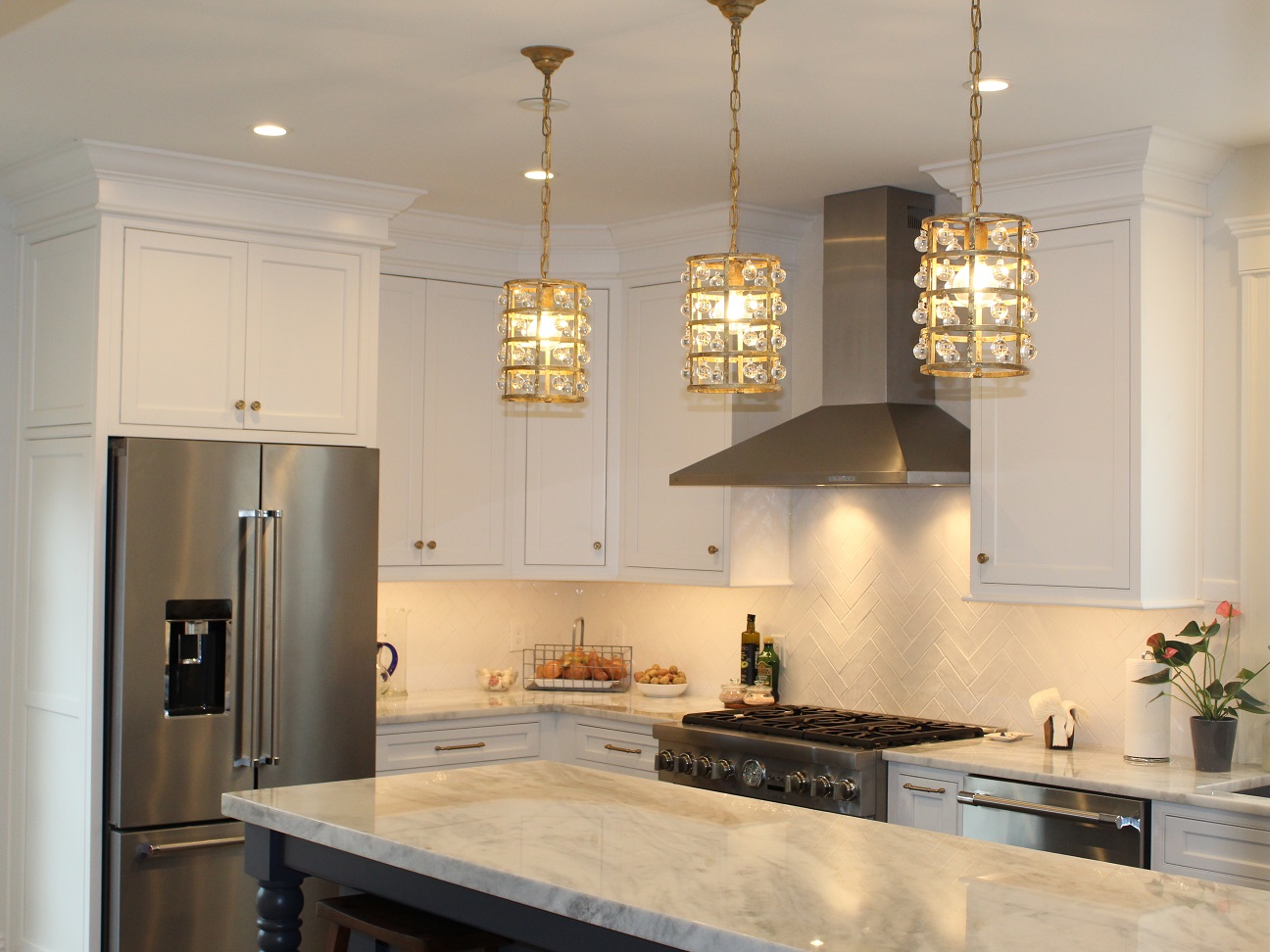All Quartz Is Not Equal

Even if the budget is tight, this is not the place to economize. Here's why.
If asked to describe your relationship with your home's products, only a few would warrant the term "intimate." One of the few is your kitchen counter. You gaze at it and rub it daily. You trust it not to contaminate your food. A quality counter will bring years of satisfaction while the frustration you feel from a not-so-great one will last just as long.
The importance of this relationship helps explain why engineered quartz slabs now outsell granite for kitchen counters, despite their higher cost. The problem is that not all quartz is equally satisfying.
Engineered quartz is made from a blend of crushed stone and resin with a bit of mineral fiber and color added. High-quality quartz is durable and attractive, with consistent patterns, many color choices and nearly invisible seams when properly installed. It resists staining. It is antimicrobial and non-porous, with no surface irregularities that could trap bacteria or mold. It doesn't need sealing or waxing. It's worth every penny when you consider the alternatives.
The best quartz is made with a patented technology called "Bretonstone," from Breton S.p.A, in Italy. Bretonstone slabs have a high stone content (93% or better) and are manufactured in a process called "vibro-compression under vacuum," in which the heated mix is vibrated and compacted until it's super-hard, super-stable, and super-resistant to scratches, chips and stains. Many big-name brands, as well as some smaller ones, rely on this technology.
A quartz countertop should also be certified as meeting the NSF/ANSI 51 standard for food zone surfaces from NSF International (formerly the National Sanitation Foundation) and the American National Standards Institute. This tells you the surface is safe to prepare food on. (You want certification for food zone surfaces, NOT splash zone surfaces.)
Unfortunately, not all manufacturers use Bretonstone technology and not all products meet food safety standards. These facts were driven home a few years back when the US market was flooded with quartz countertops imported from China. They were a nightmare.
To save money, the manufacturers of these counters used high resin content—from 2% to as much as 30%—and a manufacturing process that didn't provide enough compaction. The result? Slabs that easily scratched, stained and in some cases melted when exposed to a hot pan. Some products didn't meet NSF/ANSI food safety standards.
The Chinese government also subsidized the manufacturers, which meant their engineered quartz could be sold below cost. The US government saw it as an attempt to put domestic manufacturers out of business and responded in 2018 with a 300% anti-dumping tariff. But while the tariff helped make Chinese quartz unaffordable, you can still find manufacturers that use too much resin and less-than-ideal manufacturing techniques.
Of course, inexpensive quartz is not automatically bad, but it takes technical knowledge and a good amount of effort to confirm its quality and safety. That makes non-certified products a buyer-beware market. It's why the most reputable manufacturers rely on proven Bretonstone technology, and why most professional builders use quartz from those manufacturers.